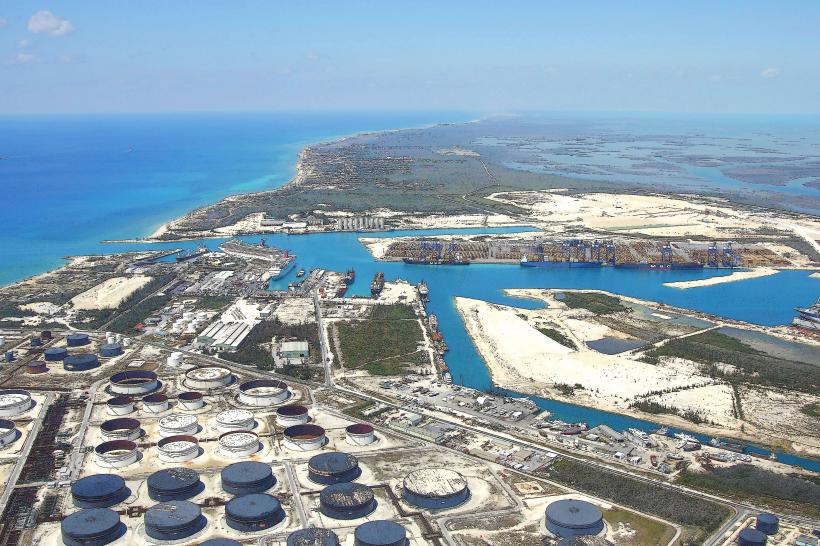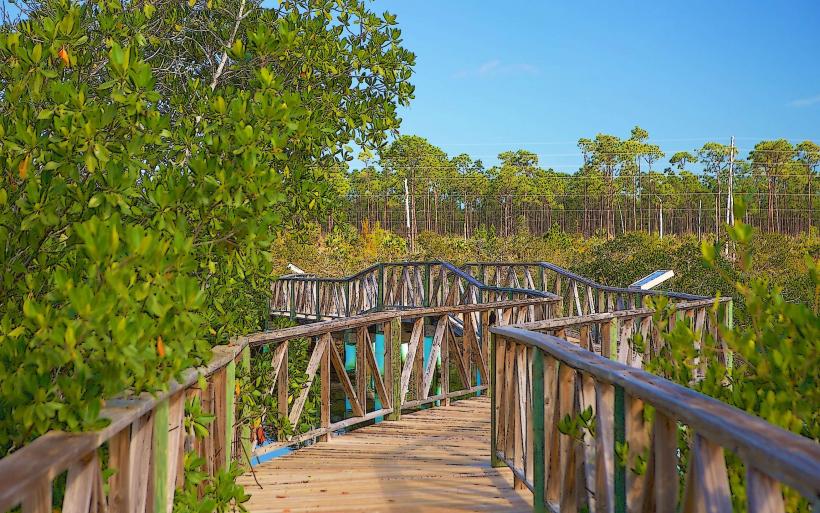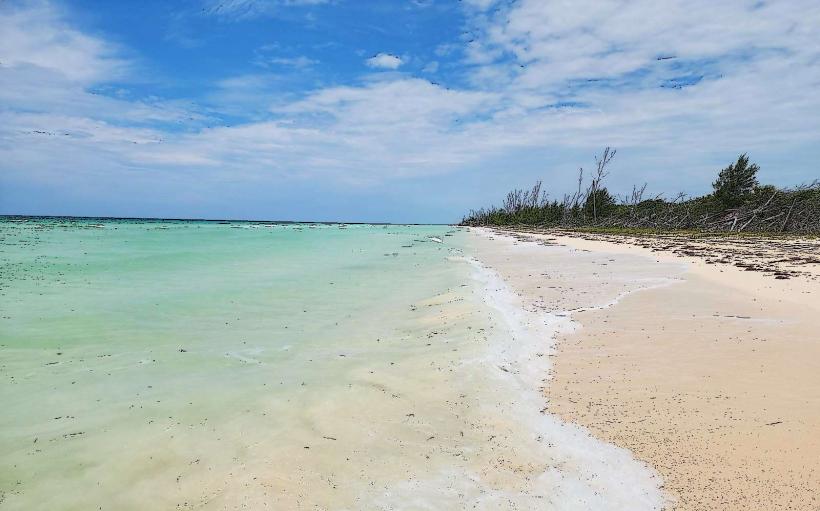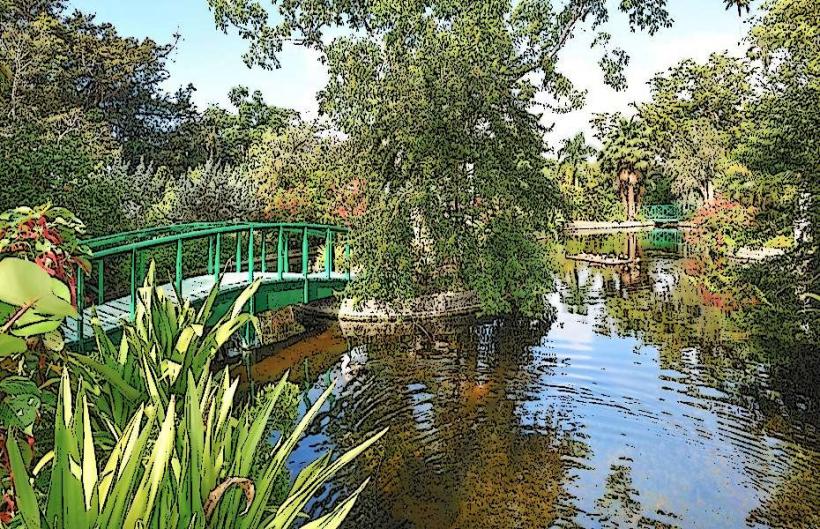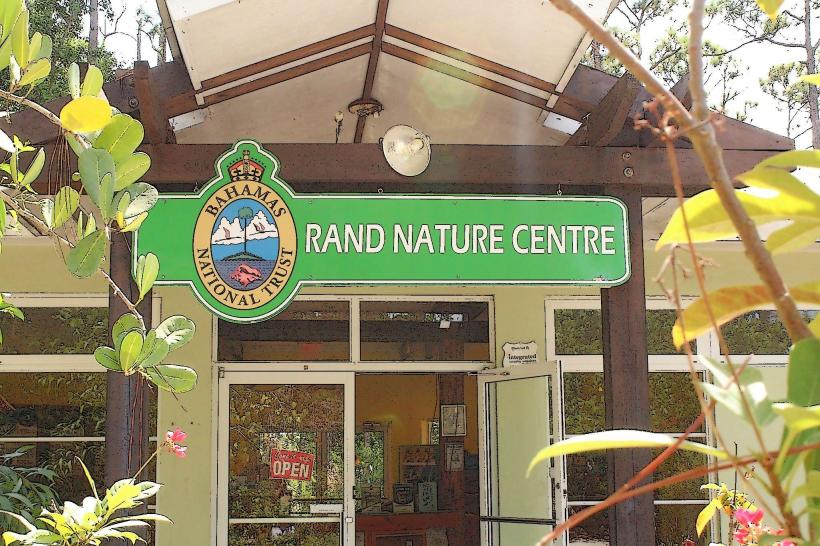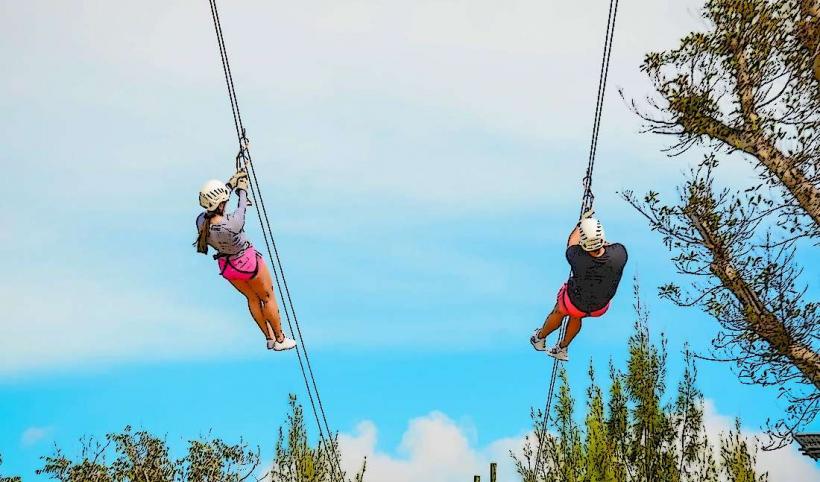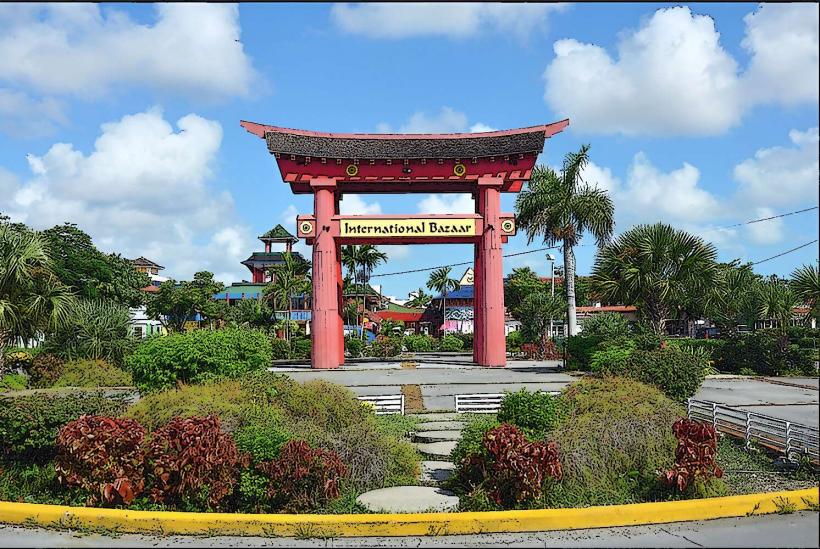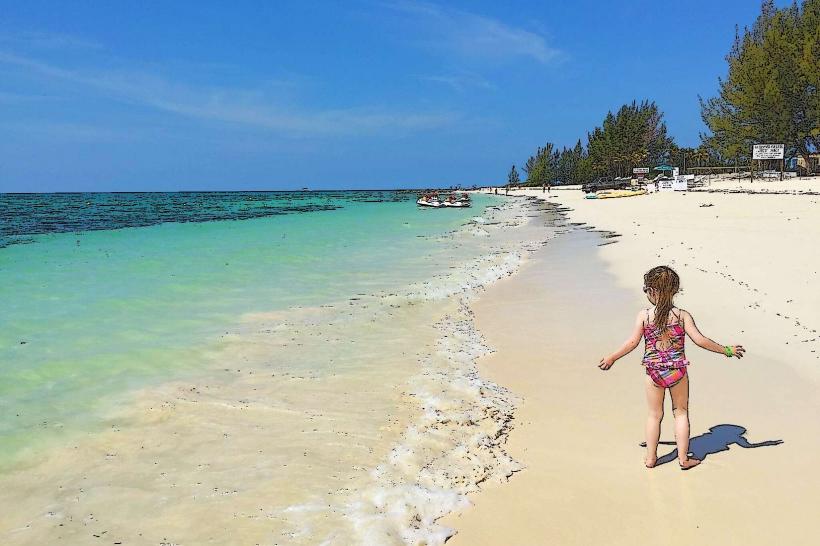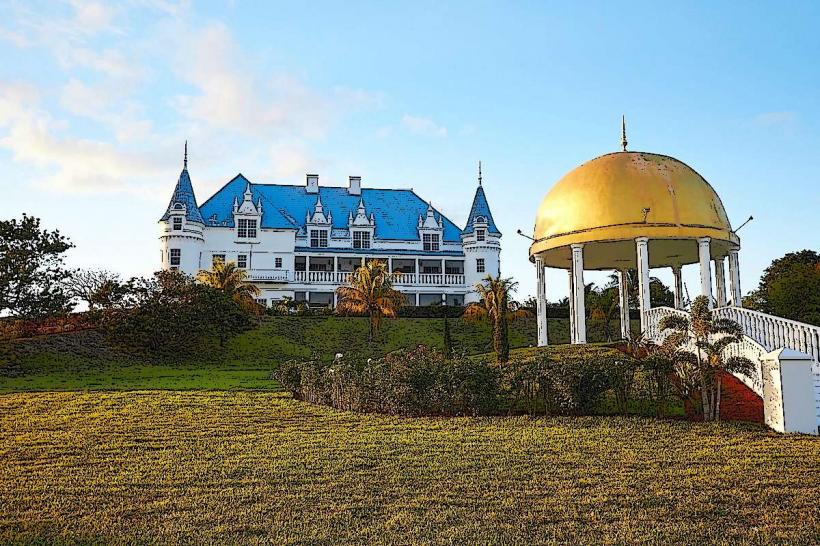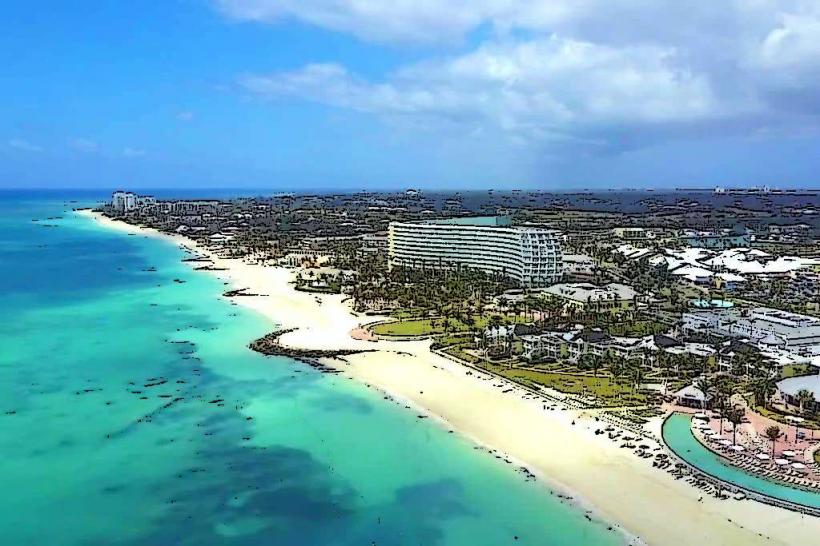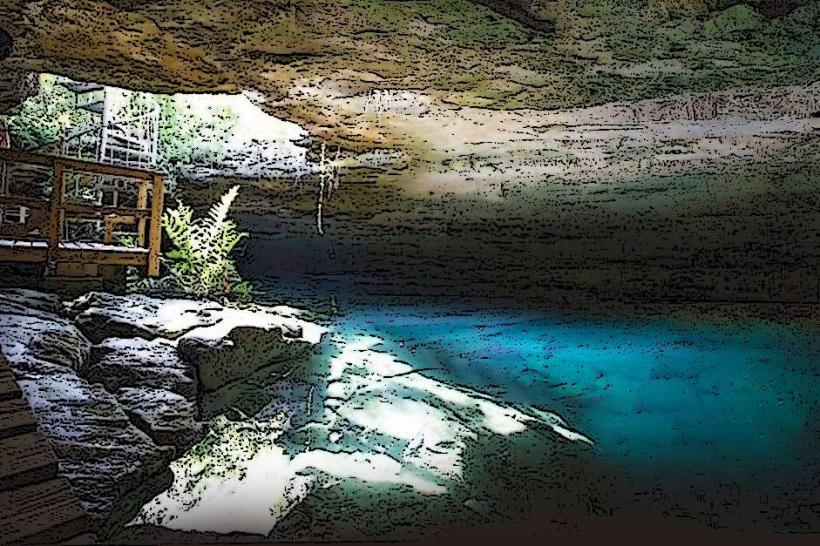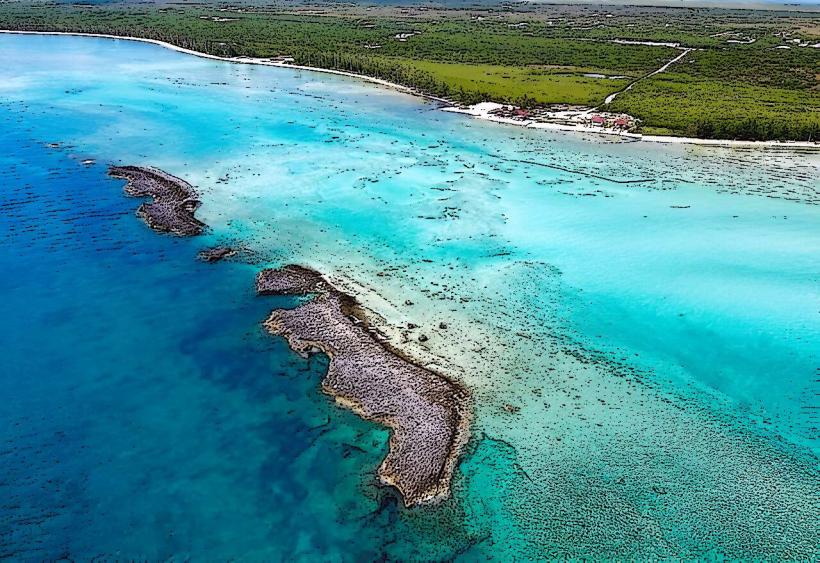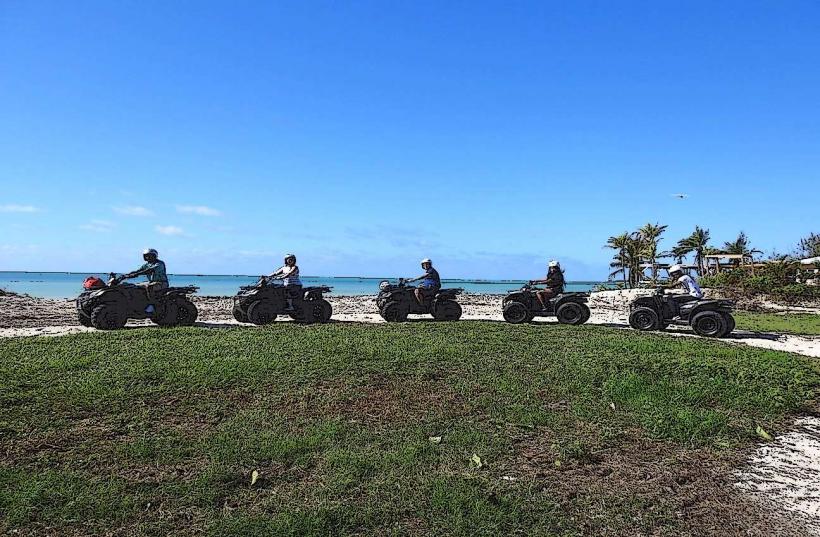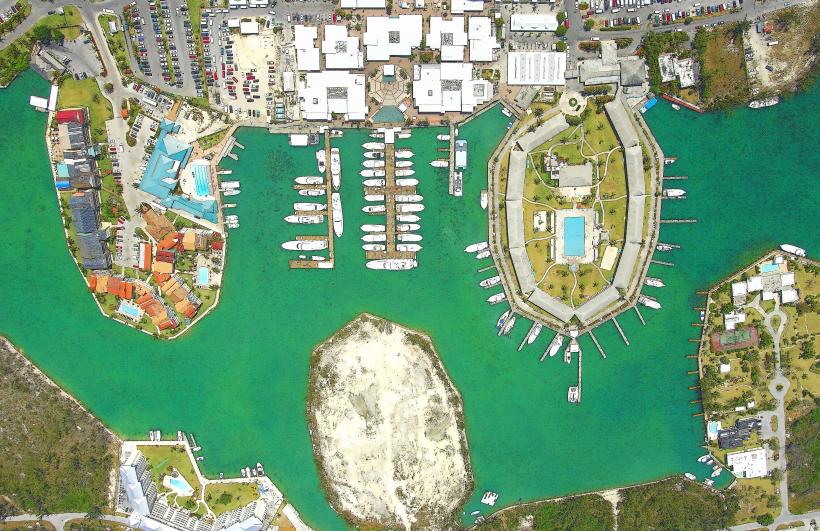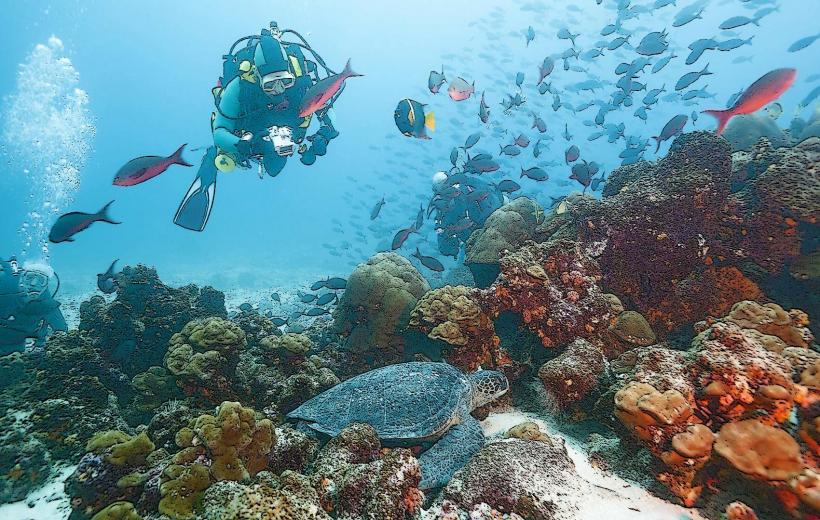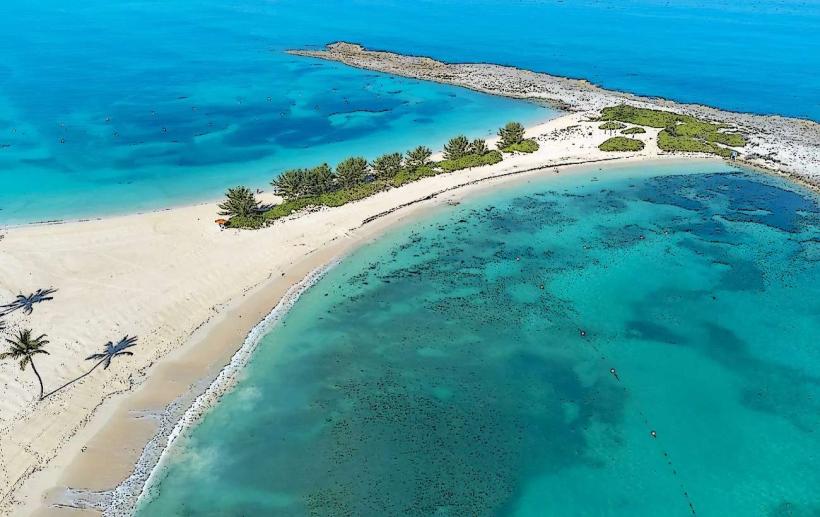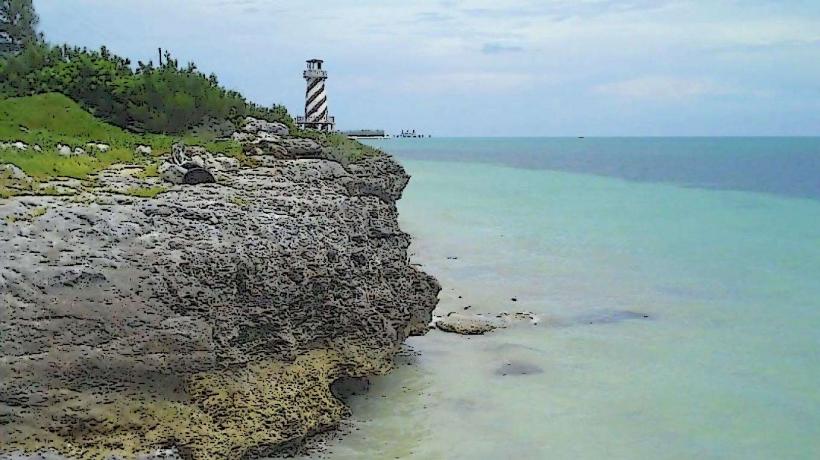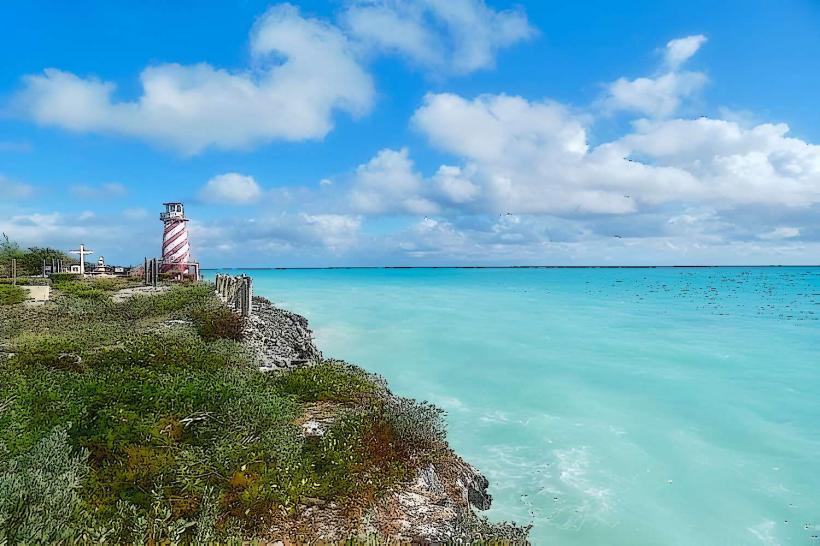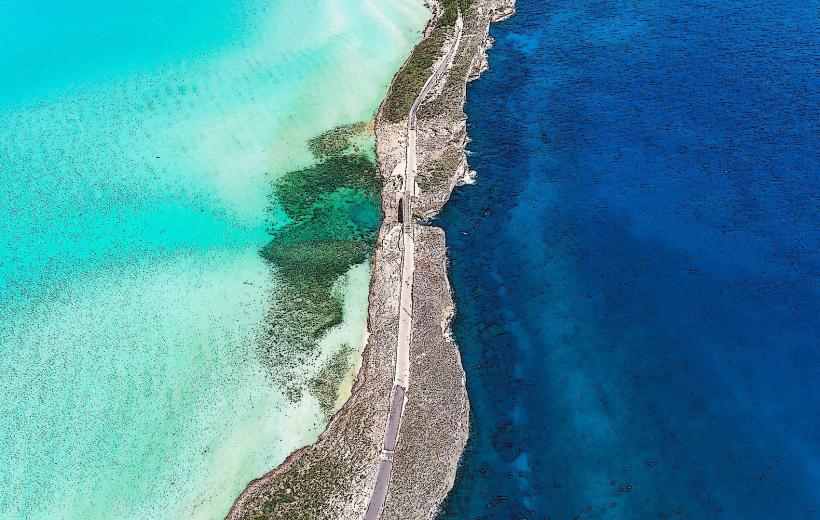Information
Landmark: Lucayan ReefCity: Freeport
Country: Bahamas
Continent: North America
Lucayan Reef, Freeport, Bahamas, North America
Lucayan Reef refers to a series of coral reefs located off the coast of Grand Bahama Island in the Bahamas. The reef system is part of the Lucayan National Park, a protected area renowned for its natural beauty, wildlife, and underwater ecosystems. The Lucayan Reef is significant both ecologically and recreationally, offering a prime location for snorkeling, diving, and marine exploration. Here’s a detailed overview of the Lucayan Reef:
Overview:
The Lucayan Reef is one of the largest and most vibrant coral reef systems in the Bahamas, located along the south coast of Grand Bahama Island, within the boundaries of Lucayan National Park. The reef is home to a wide variety of marine life, including colorful coral species, tropical fish, and other oceanic creatures. It is easily accessible from nearby beaches, making it a popular spot for tourists who want to experience the beauty of the Bahamian underwater world.
Key Features:
Marine Biodiversity: The Lucayan Reef is rich in biodiversity, home to an extensive range of marine species. Some of the notable species that can be found in the waters around the reef include:
- Coral species: The reef is home to a variety of coral species, including brain coral, elkhorn coral, and staghorn coral. These corals form the backbone of the reef ecosystem, providing shelter and food for many marine species.
- Tropical fish: Visitors can spot vibrant tropical fish such as parrotfish, angelfish, and butterflyfish, which are often seen swimming around the corals.
- Marine life: The reef also supports a variety of other marine animals, including sea turtles, rays, and occasional nurse sharks. Dolphins and larger fish species can also be seen in the area.
Snorkeling and Scuba Diving: Lucayan Reef is a popular destination for snorkeling and scuba diving due to its clear, warm waters and abundant marine life. Both beginners and experienced divers can enjoy the reef, as it offers shallow areas suitable for snorkeling and deeper spots for more advanced diving.
- Snorkeling: The reef is easily accessible from nearby beaches, making it ideal for snorkeling. Snorkelers can swim above the reef and observe the colorful corals and fish up close.
- Scuba Diving: For certified divers, the Lucayan Reef offers exciting diving opportunities to explore the underwater landscape in greater depth. The reef system has various dive sites with underwater caves, walls, and vibrant coral gardens.
Lucayan National Park: The Lucayan Reef is part of the Lucayan National Park, which is known for its diverse ecosystems, including mangrove swamps, hardwood forests, and beautiful beaches. The park also includes several limestone caves, like the Ben’s Cave and Halloween Cave, which are connected to the reef system through underwater tunnels. The national park is an excellent spot for eco-tourists, nature lovers, and anyone looking to explore the unspoiled natural beauty of Grand Bahama Island.
Coral Protection and Conservation: The Lucayan Reef is part of the Bahamian government’s efforts to preserve and protect the marine environment. The reef is subject to conservation measures aimed at preserving the delicate balance of the coral ecosystem. Regulations are in place to protect the reef from overfishing, pollution, and other harmful human activities. Visitors are encouraged to engage in responsible eco-tourism practices when visiting the reef, such as not touching or disturbing the coral, avoiding littering, and using reef-safe sunscreen.
Access and Location: The Lucayan Reef is accessible from several points on Grand Bahama Island, particularly from Lucaya and nearby resorts. The reefs are located not far from the island's coast, making it a convenient destination for those staying in Freeport or Lucaya. Several tour operators offer snorkeling and diving trips to the reef, providing guided experiences to help visitors explore the underwater world safely.
Water Conditions: The waters around Lucayan Reef are typically warm, clear, and calm, making it an ideal spot for water-based activities. The reef itself is generally shallow, with depths ranging from a few feet to over 100 feet, depending on the area. The visibility is often excellent, particularly during the dry season, when the water clarity is at its best.
Lucayan Reef's Role in the Ecosystem: As with most coral reefs, the Lucayan Reef plays a critical role in supporting marine ecosystems. The reef provides shelter, breeding grounds, and feeding areas for a wide variety of marine species. It also helps protect the coastline from erosion by acting as a natural barrier against waves and storms. Healthy coral reefs like Lucayan Reef are essential for maintaining the balance of marine environments and supporting local fishing industries.
Nearby Attractions:
Gold Rock Beach: Located near Lucayan National Park, Gold Rock Beach is one of the most beautiful beaches on Grand Bahama Island. The beach is known for its soft, golden sand and pristine waters. It is a great place to relax after a day of exploring the Lucayan Reef, and visitors can enjoy stunning ocean views or take a walk along the shoreline.
Lucayan National Park Caves: Lucayan National Park is home to some of the most impressive limestone caves in the Bahamas. Ben's Cave and Halloween Cave are particularly popular for their size, beauty, and historical significance. These caves are often explored by visitors on guided tours that offer insight into the park's natural history.
Port Lucaya Marketplace: The Port Lucaya Marketplace is located in Freeport and is a popular shopping and dining destination. After visiting Lucayan Reef, visitors can enjoy shopping for local crafts, souvenirs, and Bahamian art, or enjoy a meal at one of the many restaurants in the area.
Wildlife Encounters: Grand Bahama Island offers various opportunities for wildlife encounters, including dolphin watching, birdwatching, and exploring other underwater ecosystems. Tour companies often offer excursions that include visits to the Lucayan Reef as well as other natural attractions.
Best Time to Visit:
The best time to visit the Lucayan Reef is during the dry season (from November to April), when the weather is warm and sunny with minimal rainfall. This period also offers excellent visibility for snorkeling and diving. While the summer months (May to October) can also be a good time to visit, they come with higher humidity and the possibility of tropical storms, particularly during hurricane season.
Conclusion:
Lucayan Reef is a must-visit destination for anyone interested in experiencing the vibrant marine life and natural beauty of the Bahamas. Whether you’re snorkeling in its shallow waters or scuba diving to explore the deeper parts of the reef, it offers an unforgettable opportunity to immerse yourself in the underwater world. Surrounded by the lush landscapes of Lucayan National Park, this reef system is an integral part of Grand Bahama Island’s marine ecosystem and provides a perfect escape for nature lovers, adventurers, and those seeking to experience the Bahamas’ natural wonders.

